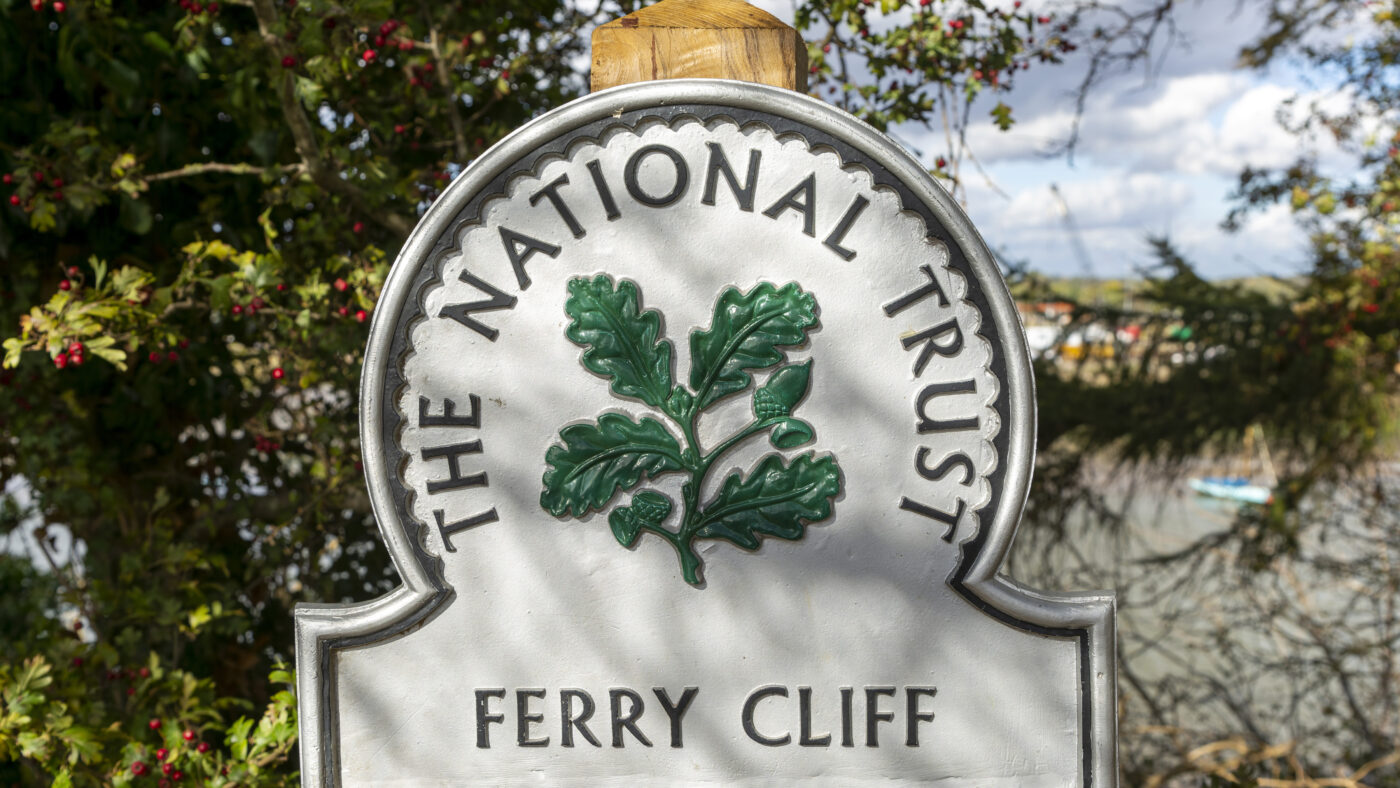It would be a very British coup. For some years there has been disquiet among members of the National Trust that this great institution is losing its way. But rebel forces are gathering to take back control.
The concern is that its focus on celebrating and preserving our beautiful historic buildings has been subverted by a tendency to denigrate our past. This has included the tiresome ‘woke’ folly of judging those from previous eras according to current fashions.
I doubt this stance by the Trust’s leadership is representative of its 5.7m members. But 98% of them tend not to vote in its elections. Last year the turnout for the Trust’s elections was 127,000.
But a rebel alliance is mounting a challenge. The traditionalist faction Restore Trust has an impressive ‘slate’ of candidates for the National Trust’s Council. High Noon will be at the AGM at STEAM, the Museum of the Great Western Railway, in Swindon on November 11th (though the deadline for online and postal voting is November 3rd.)
The rebels include the historian Andrew Gimson. In his candidate’s statement, he says the Trust ‘has made knowledgeable long-serving staff redundant, indulged in managerial gobbledygook, and promoted a self-hating conception of history.’ He wants it no longer to ‘succumb to modish nonsense.’
This grievance is expressed more in sorrow than in anger: ‘I have taken lifelong pleasure in visiting the Trust’s properties, and have been particularly inspired by its excellent care of Stoneywell, the house in the Charnwood Forest, near Leicester, built by my great-great-uncle Ernest Gimson,’ he adds.
Lord Sumption is on the same ticket. His ‘skill set’ is impressive: ‘I am a former Justice of the Supreme Court and a historian of Britain, especially (but not only) medieval Britain’, he writes in his pitch.
Violet Manners, daughter of the Duke and Duchess of Rutland is another Restore Trust candidate. ‘The Trust must not view its history through the political lens of today when conserving the past,’ she says. She ‘celebrates Britain’s historic houses in her popular podcast, ‘Duchess’.’
The rest of the slate is made up of Philip Merricks, a farmer, and Philip Gibbs, a businessman.
Given their enthusiasm for all things modern, one might have thought the Trust leadership would welcome democratic engagement. But they have distorted the mechanism in a way that would make Putin blush. As Charles Moore noted in the Daily Telegraph, it comes via an option for online voting:
‘It is called ‘Quick Vote’, and you need press only one button. The trouble is you can Quick Vote only one way – to approve the Trust’s choice of candidates, resolutions, auditors and its annual report – everything the Trust wants, and nothing else. If you disagree with the Trust on anything, you must vote slowly.’
‘This is a disreputable method for a supposedly democratic organisation. If you press Quick Vote, by the way, you will automatically be opposing a resolution which calls for Quick Vote to be abolished.’
This flawed arrangement should not only be of concern to the membership. The National Trust is given National Lottery funding and funds from the taxpayer – via grants from the Department of Culture, Media and Sport and the Department for the Environment, Food and Rural Affairs. Ministers are entitled to expect that it should be properly and fairly run.
Anyway, the electoral procedures are certainly an extra hurdle for Team Gimson, but we shall see.
John Julius Norwich was a leading light in the National Trust in happier times. His book, A History of England in 100 Places, featured many Trust properties. An erudite but perfectly accessible account shows how visiting these places is such an effective way to understand our island story.
Norwich’s account shows it is not necessary to turn our country’s history into a hagiography – ignoring the many gruesome episodes. But nor should the Trust’s staff and volunteers be forced to cast prissy judgement, while wearing Pride lanyards.
Instead of a focus on houses, gardens and art, the Trust trumpets climate change and ‘our renewed commitment to diversity and inclusion and playing our part to create a fair, equal society, free from discrimination.’ Black Lives Matter and similar causes are also praised. As so often with the Left there is also a dose of hypocrisy – it has been criticised for ‘high-handed’ behaviour as a landlord towards its tenant farmers and as an employer to its downtrodden staff.
The Trust was established by statute. The National Trust Act 1907 states: ‘The National Trust shall be established for the purposes of promoting the permanent preservation for the benefit of the nation of lands and tenements (including buildings) of beauty or historic interest and as regards lands for the preservation (so far as practicable) of their natural aspect features and animal and plant life.’
All that is being asked is that it should devote itself entirely to this duty. It has quite enough to get on with without waging a culture war on its own buildings. What an extraordinary state we have reached that the ‘rebels’ are the ones seeking to maintain its duty of stewardship and the ‘establishment’ prefers to indulge in agitprop better suited to a student union.
Click here to subscribe to our daily briefing – the best pieces from CapX and across the web.
CapX depends on the generosity of its readers. If you value what we do, please consider making a donation.


